Marek kohn
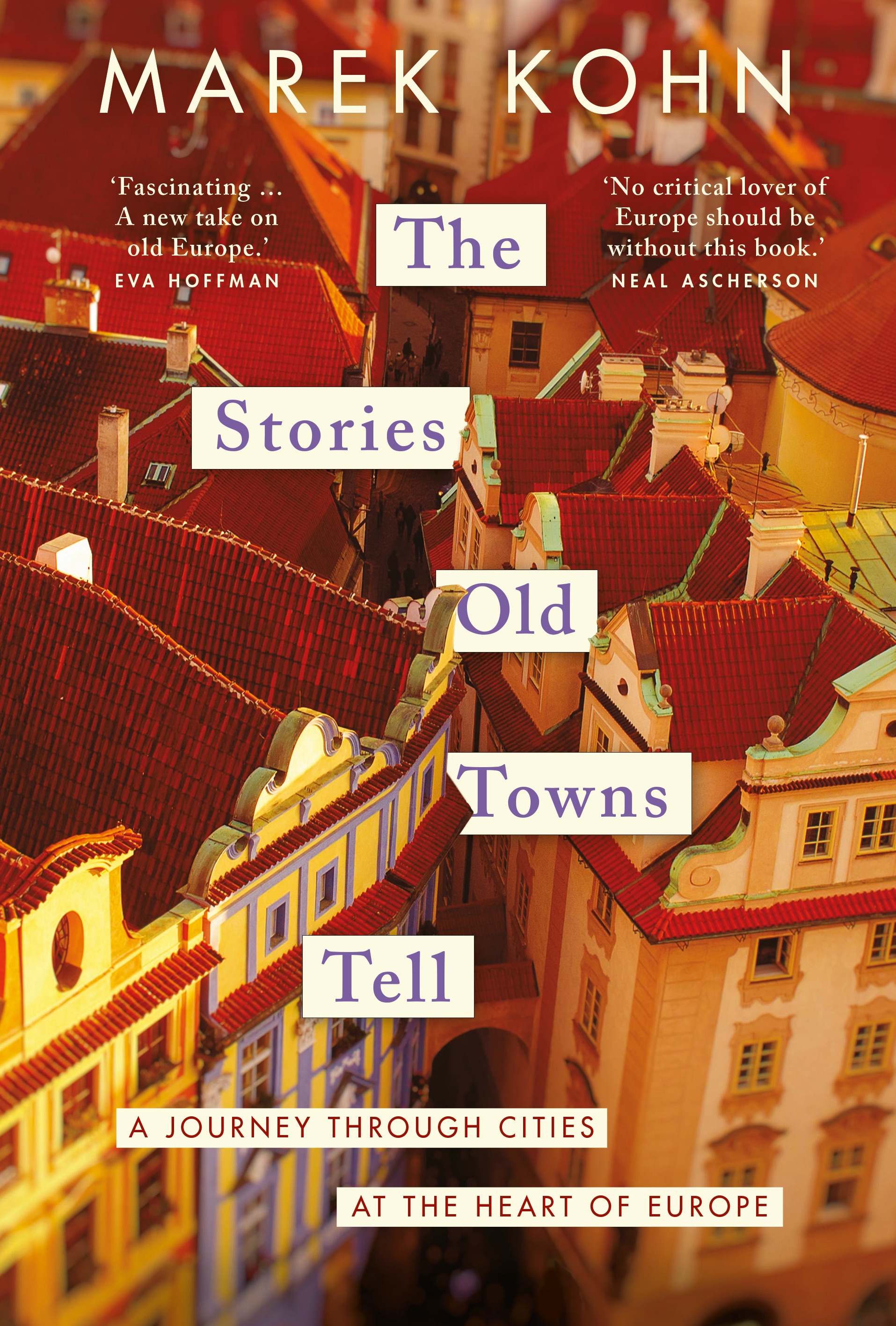

Granta, 2024
Moral panics broke out
during and after the First World War as
reports emerged of drug use on the streets and
in the clubs of London's West End. They
expressed a traumatised society's fears about
modernity and change - especially the rapidly
changing lives of young women.
Yale University Press,
2020
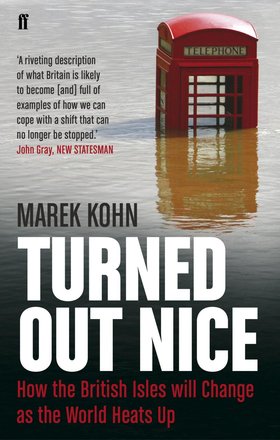
Faber & Faber, 2010
Climate change will
change the relationships between the British
Isles and the rest of the world, between the
nations of the Isles, and between the north
and south of Britain. Precisely because the
British Isles will be sheltered from the
physical extremes of climate change, they
offer an opportunity to think about just how
profound and pervasive the effects of a
disrupted Earth system on human societies will
be.

Oxford University Press,
2008
A short account of how to
build trust by finding or creating common
interests.
'Brilliant' - Guardian
Thinking
Allowed, on Trust, with Onora O'Neill;
presented by Laurie Taylor, BBC Radio 4.
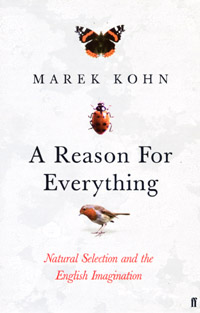
Faber & Faber, 2004
How a series of British
scientists shaped evolutionary thought, and
how evolutionary thinking shaped their views
of the world: Alfred Russel Wallace, Ronald
Fisher, J.B.S. Haldane, John Maynard Smith,
Bill Hamilton and Richard Dawkins.
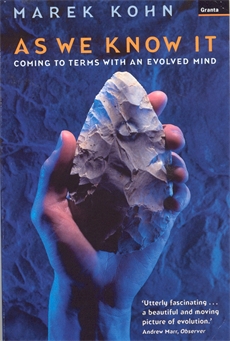
Granta, 1999
'Utterly fascinating ...
a beautiful and moving picture of evolution.'
Andrew Marr, Observer
Handaxes: Products of Sexual Selection? Marek Kohn and Steven Mithen Antiquity 73, 1999. The journal version of the hypothesis developed in As We Know It, written with cognitive archaeologist Steven Mithen of the University of Reading.
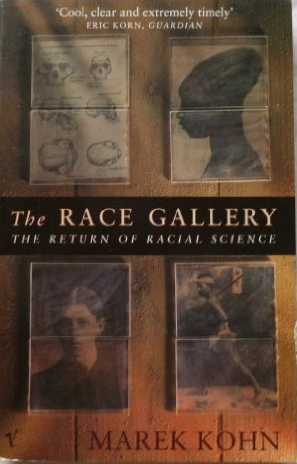
Jonathan Cape, 1995
The Race Gallery
reflected on different ways of thinking and
talking about race. It pointed out that ideas
about biologically based differences between
human groups persisted or reappeared in
various strands of science, although
opposition to racism drew on science as a
source of authority.
'elegant, timely and
devastating' Nicholas Lezard, Guardian
'invaluable' Tom Nairn, London
Review of Books
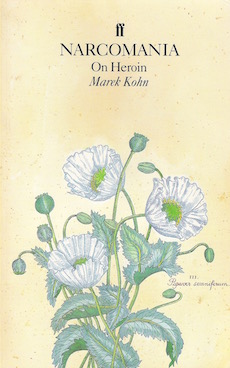
Faber & Faber, 1987
How panics about drugs express society's deepest anxieties.